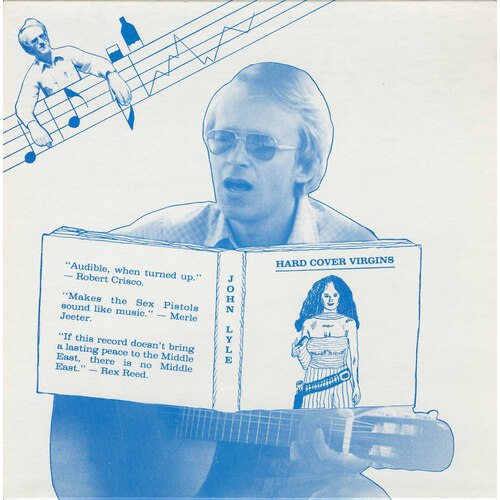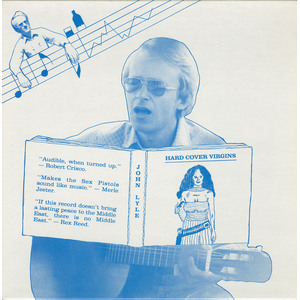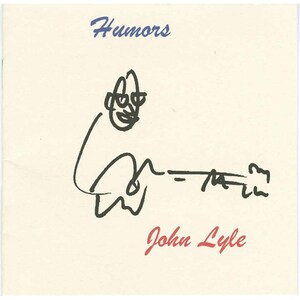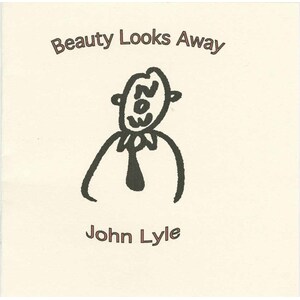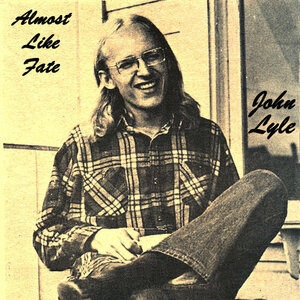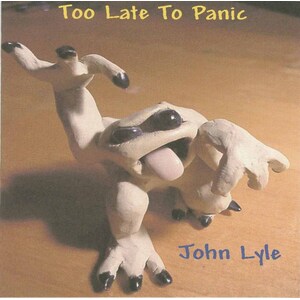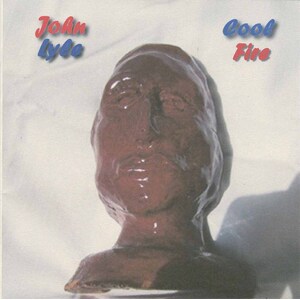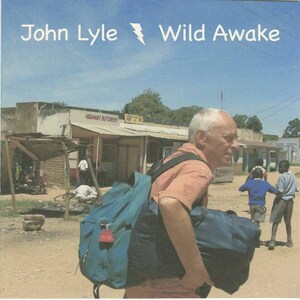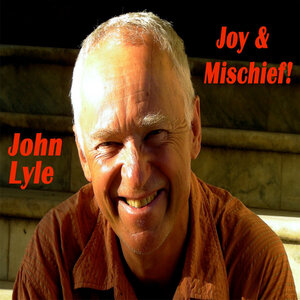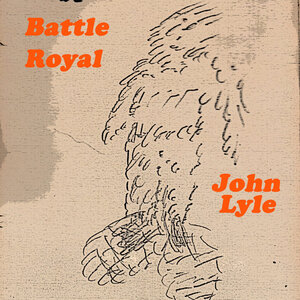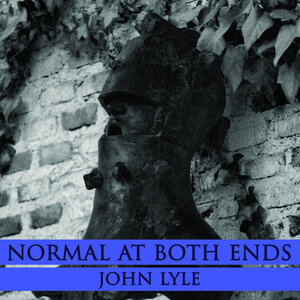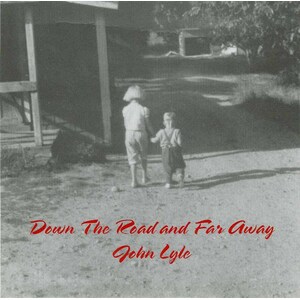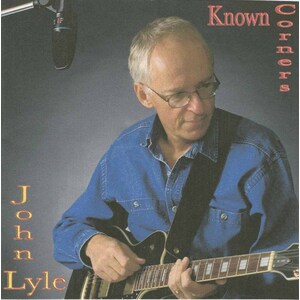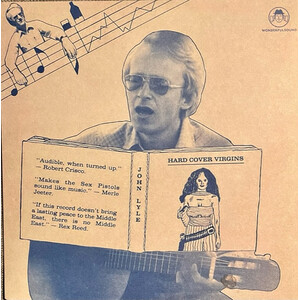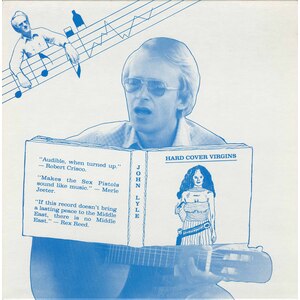Lyle, John
Websites:
No
Origin:
Sechelt, British Columbia, 🇨🇦
Biography:
Joined MOCM July 3, 2011:
John Lyle was headed for a career in academia when a pop revolution changed everything. In the mid-1960s, he was studying literature and preparing to become an English professor when he was “broadsided,” as he put it, by Bob Dylan and The Beatles. Their music rewired his ambitions overnight. His degree went out the window, replaced by a guitar, a notebook, and a restless urge to make sense of the world in song.
Through the late 1960s and early 1970s, Lyle played in a succession of bands and eventually found himself performing solo on Canadian television and radio. He was briefly signed to two labels, but the machinery of the business — constant touring, compromise, and the noise of it all — didn’t suit his temperament. “I’m too sensitive for that life,” he later admitted. Instead, he retreated home to British Columbia’s Sunshine Coast, where he built a life devoted to family, art, and steady work as a postman. The job, he often said, kept him grounded in humanity: walking the streets every day, listening to the hum of ordinary lives, he collected the small truths that later became his songs.
His first record, Bootleg Powerhead, appeared in 1971 under the name Lost John Lyle & the Lonesome Ornery Polecats — a scrappy, private-press folk-psych document that reflected both his humor and his intellect. Only 500 copies were pressed, almost all housed in stark white sleeves. A single “white album” copy bore a pasted photograph of John and hand-lettered title — his lone nod to packaging art. That unique copy would later become the definitive transfer source for the 2021 U.K. Wonderfulsound 45, remastered by Ceri Preston and Myles Copeland, featuring “Rivers of Stone” from Bootleg Powerhead and “Life Is a Breeze” from his next LP Hard Cover Virgins. “My art department was on strike,” Lyle quipped, but the record’s handmade charm and lyrical wit have made it one of the most sought-after Canadian private pressings of the era.
Lyle followed in 1978 with Hard Cover Virgins, a wildly inventive self-release on his own Cactus Records label. Recorded with longtime friend John Murray (of The Poppy Family and Papa Bear’s Medicine Show), it spun together folk, blues, satire, and soft rock with a gleeful disregard for genre boundaries. Lyle’s quick mind and sly humor shone through lines that balanced absurdity and insight. Murray’s guitar and bass work gave the record its muscular edge — “he absolutely ripped it up,” remembered fellow musician Tenny Howard.
Susan Jacks later told Lyle that members of Nirvana once called John Murray “the best guitarist they had ever heard.” Lyle agreed completely. Their creative partnership lasted decades, culminating in the 2020 single “We Must Be Patient” — released as the pandemic hit — which Lyle considered among Murray’s finest performances. Murray’s later years were spent in care on the Lower Mainland, and Lyle remained deeply devoted to him, keeping contact through mutual friends such as Neil Douglas, who holds a scrapbook of Murray’s career that may one day form an important archive of that circle of Vancouver musicians.
Lyle’s third album, Humors (1985), distilled his songwriting into something leaner and more reflective — songs written to survive rather than to sell. The album included “Oh My Wind,” co-written with Murray, and quietly became a cult favorite among those who stumbled upon it. Four decades later, that song was chosen by Anthology Recordings / Mexican Summer for inclusion on the 2025 compilation Maybe I’m Dreaming, placing Lyle’s music alongside other lost folk treasures of the 1970s and 1980s and introducing him to a new generation of listeners. A full reissue of Humors is forthcoming through the same label.
By the 1990s, Lyle’s voice had mellowed but his perspective had only deepened. Beauty Looks Away (1995) and Almost Like Fate (1998) showed him as a craftsman of adult reflection — meditative, literate, and unsentimental. Subsequent albums including Too Late to Panic (2000), Down the Road and Far Away (2002), Cool Fire (2005), and Known Corners (2007) continued that evolution, building a quietly remarkable catalogue of self-produced recordings that now spans fifteen albums on Bandcamp.
Each record, whether recorded at home or in small studios along the coast, feels unmistakably personal: filled with humor, heartbreak, philosophy, and gratitude. Lyle once described songwriting as “a release of some kind” — a way to stay sane in a world too fast for poetry. His life as a postman and songwriter became mirror images of each other: delivering messages, listening to stories, tracing routes both physical and emotional.
Over the years, his songs have drawn praise from artists across genres. “John’s songs are amazing,” said Frazey Ford of The Be Good Tanyas. “We love John Lyle. We listen to him all the time,” said The Sumner Brothers. Paul Rodgers called his work “nice stuff,” and filmmaker Robert Altman simply said, “Magnificent.” Others have compared him to writers as diverse as Heywood Banks and James Joyce — a folk poet whose humor masks fierce intelligence and empathy.
Today, John Lyle’s music stands as one of Canadian songwriting’s best-kept secrets — a body of work created far from the spotlight but rooted deeply in truth. It is music of compassion, wit, and endurance, made by a man who spent his life walking the streets, listening, thinking, and quietly turning those observations into song.
-Robert Williston
